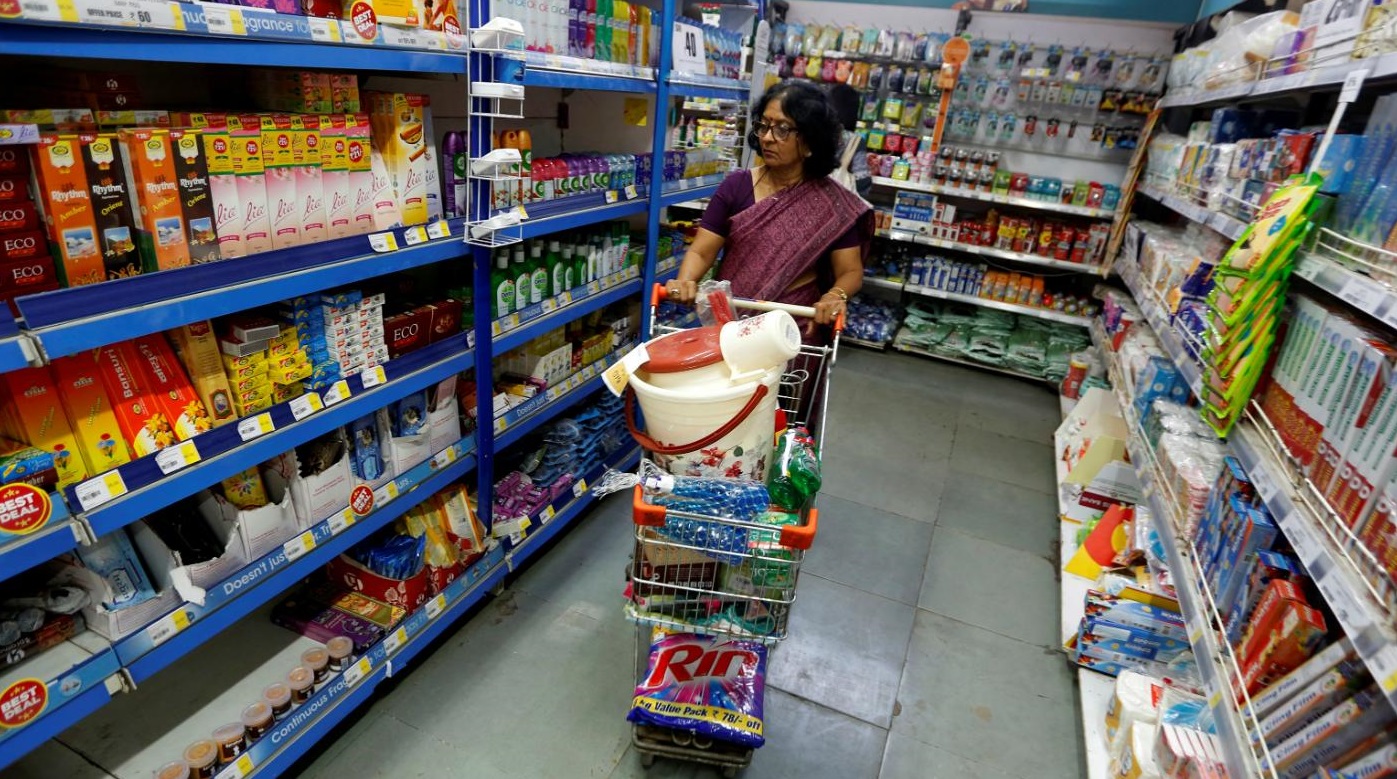The COVID-19 pandemic has redefined the market spending of a consumer. Now, health-focused products are favoured by the consumers; new products like face masks, sanitizer etc have become a compulsory buy for everyone.
Coronavirus attacks individuals with less immunity power easily than those who have strong immunity. This led to an increase in demand for products that focus on health and boost immunity like Chyawanprash.
Healthy India
Customers are interested in buying traditional immune booster products like Chyawanprash. Dabur India Ltd and The Himalaya Drug Co witnessed a huge increase in sales of Chyawanprash and Septilin, an ayurvedic ingredient product. Honey sold by Nielsen holding sales rose by nearly 39 percent.
Dabur, one of the largest ayurvedic product suppliers in the country, witnessed sales of its Chyawanprash increase by 700 percent from its market sale in April. While Nielsen’s Chyawanprash sales rose by 283 percent in June. Experts believe this rate of growth is likely to sustain for the next coming months considering the fact that the virus is still. Meanwhile, the vaccine is promised to launch in early 2021.
According to the Brickwork Ratings, Patanjali Ayurved Ltd, the company claims its products are developed with natural ingredients and also reported high net sales starting in April when the virus started to spread and not until June.
The company launched ‘Corona Kit’, claiming the product consists of three herbal medicines with the power to cure COVID-19. However, the central government asked Patanjali to stop advertising the product and its claim of curing the disease.
Packaged Food
When the lockdown was announced, the government gave citizens a time period of less than one day to manage food supplies and other related products. However, consumers rush to local Kirana stores, supermarkets, and other shops to buy packaged products and store them.
Uncertainty prevailed and led to an increase in sales of products such as instant noodles, breakfast cereals, rice, and oils. Stockpiling helped companies witness strong growth in sales. But disruption in the supply chain led to stock outages though the demand continued.
Popular Nestle product Maggi Noodles saw revenue growth of 10.7 percent. Sales grew for companies like KitKat and Munch. Meanwhile, Parle product Parle G biscuits, whose sales fell before the lockdown, logged record sales in April and May.
Digital Rush
The COVID-19 has created a new world of virtual learning for school and college students. Besides, a new culture of work from home for professionals in service and other sectors. This led to an increase in reliance on screens.
According to Flipkart search related to laptops have doubled with more people searching for new and high performing laptop products. Students enrolling in online education start-up Byju’s grew three times than the usual phase between April and June.
OTT platform subscriptions and usage boom post lockdown as people became dependent on them for entertainment. Netflix and Amazon witnessed more than 60 percent growth in their subscription base, according to Velocity MR study.
Home Appliances
Indians who are able to spend their time buying new appliances in their home are replacing the old. Searches related to mixers, juicers, microwaves, toasters and grinders increased by four-fold, according to Flipkart. The virus cautioned people regarding their hygiene this led to an increase in searches for hygiene products such as vacuum cleaners by four times in July.
Companies like IFB Industries Ltd were forced to suspend new orders for its popular product dishwasher due to heavy demand. As salons closed, sales for hair grooming products such as trimmers increased in the last few months.
According to Mintel Research, a quarter of Indians, mainly people in the age group of 18-34 are planning to spend more on household products in order to improve their living standards.

